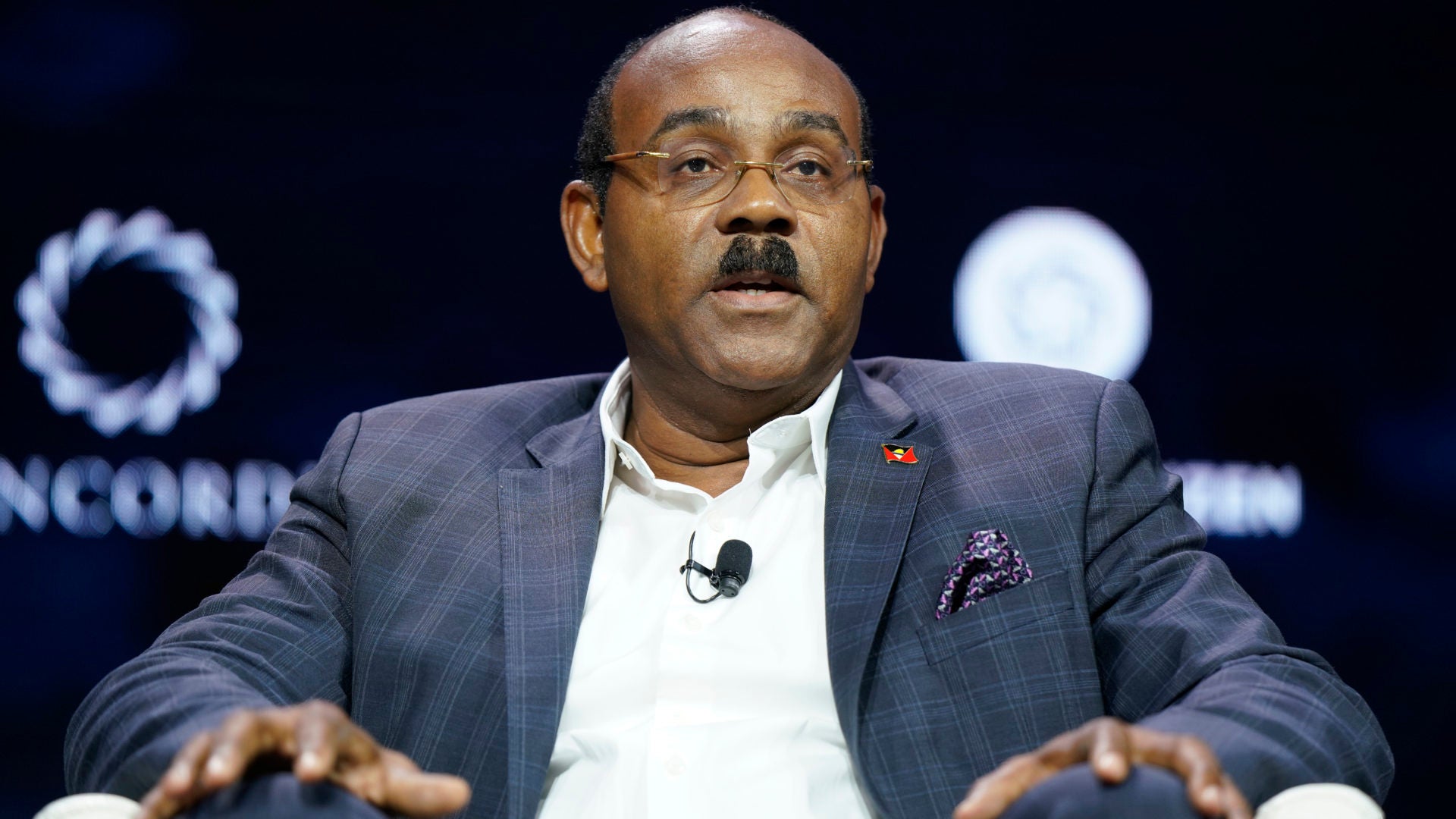
The Prime Minister of Antigua and Barbuda, a twin-island nation in the Caribbean, is demanding that Harvard make amends for the Antiguan slave labor contributions that led to the creation of its prestigious law school.
According to the Miami Herald, the government of Antigua and Barbuda reached out to the university demanding action twice before, once in 2016 and again in 2018.
However, after not receiving the desired response, Prime Minister Gaston Browne penned a decisive letter to the university’s president, calling out Harvard’s failure to acknowledge its past with Antigua at a time when other universities are seeking to make amends and pay reparations for their own past with slavery.
“We consider Harvard’s failure to acknowledge its obligations to Antigua and the stain it bears from benefitting from the blood of our people as shocking, if not immoral,” Browne wrote.
Harvard’s ties to Antigua date back to Isaac Royall Jr., a slaveholder whose wealth was derived “from the labor of persons he enslaved on a plantation” in Antigua, as Browne noted in his letter. In his will, Royall left land to the university so that it could establish its first professorship in 1815, the Herald notes. That, led to the creation of the now famous Harvard Law School.
Harvard President Lawrence Bacow argued that in 2016, the Harvard Corporation approved removing the law school’s shield, which included symbols from the Royall family crest.
“These were significant steps for our entire community,” Bacow insisted, though he added that “there is more work to be done.”
“Harvard is determined to take additional steps to explore this institution’s historical relationship with slavery and the challenging moral questions that arise when confronting past injustices and their legacies,” Bacow added in a statement.
However, Browne brushed off Bacow’s response as “disingenuous.”
“He has acknowledged the veracity of our claim that Harvard Law School benefited from endowments funded from profits associated with the enslavement … at Royall Estate in Antigua, but he has failed to address the issue of reparations in a meaningful way,” Browne told the Herald. “If they fail to engage meaningfully, we will be forced to pursue all legal remedies available to us to ensure … justice.”
“Reparation is not aid; it is not a gift; it is compensation to correct the injustices of the past and restore equity,” Browne noted in his letter. “Harvard should be in the forefront of this effort.”




